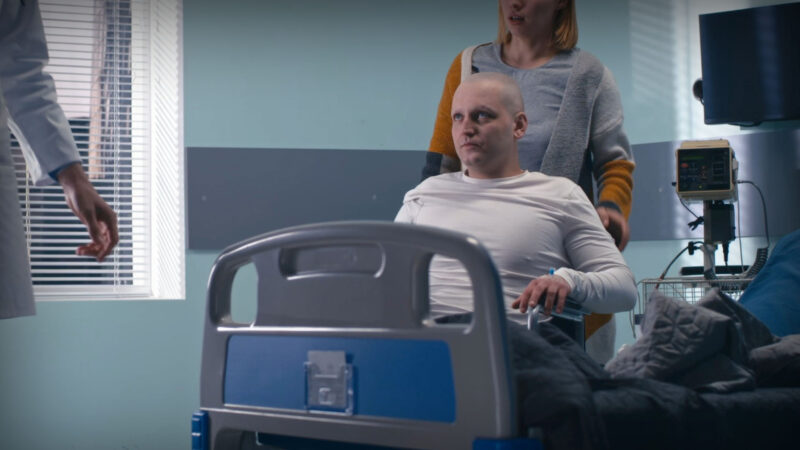The Honourable Greg Hunt served in the Australian Government as Minster for Health and Aged Care from 2017, previously as Industry, Innovation and Science Minister and before that the Environment Minister.
Elected as the Member for Flinders in 2001, Greg announced his retirement from politics late 2021 and in 2022, ahead of the Federal Election, having completed 20 years as a public servant.
Australian Health Journal recently caught up with Greg in a relaxed interview at his home in the Mornington Peninsula, Victoria to hear how a 9 month sabbatical has allowed him to focus on family, fitness and future. This has even included some “brutal spin cycle classes!”.
In his Ministerial role, Greg reflects on the critical supply of masks, gloves, gowns, tests, vaccines and ventilators during the initial years of the COVID-19 pandemic.
Greg talks about Australia’s sovereign capability in a post-COVID-19 world which has played a part on delivering 98% vaccine uptake across Australians, and with some of the lowest rates of death from COVID. He references the structural platform in place with the Medical Research Future Fund, R&D Tax Concession and the Patent Box.
Looking ahead, precision health as a service, stem cells and genomics are key trends that will define the future workforce through targeted treatments, according to Greg. He states with optimism that innovation, research and investment, can make the country a global leader.
He’s also is optimistic the country is well placed with the quality of the workforce, the training in place and the balance between public and private health.
In conclusion Greg, talks to you, the health industry on the support he received both in office and after, and thanks the industry for the treatment delivered to every Australian patient.
Now Greg is moving his attention to 3 pillars – Academic, Philanthropic and Commercial.
Today Greg is the foundation Chair of the Turner Institute for Brain and Mental Health’s Advisory Council, at Monash University in Melbourne. The Turner Institute is a world leader in research dedicated to preventative brain and mental health research, treatment and education, a focus for Greg.
Australian Health Journal wishes Greg the best in his future endeavours.
You Might also like
-
Sharing the same goals in value-based procurement
Value-based procurement (VBP) is a journey, not a sprint. It’s about putting the patient at the centre of quality affordable healthcare through changes in procurement practices for medical technologies. Patient outcomes drive value and sustainability, not just price. The bigger picture indicates that VBP will create system cost saving through benefitting patients, rather than trying to attain the reverse – a win-win outcome.
-
New treatment options under investigation for pelvic organ prolapse
Dr Shayanti Mukherjee, Research Group Head, Translational Tissue Engineering at the with her team at Hudson Institute of Medical Research is developing new ways to prevent and potential cure pelvic organ prolapse (POP). The technology aims to ultimately lead to safer and more effective treatment for women with pelvic organ prolapse (POP) using a woman’s own stem cells to boost the effectiveness of a degradable mesh.
-
Clinical entrepreneur addresses needle-phobia
Australian entrepreneur, Lauren Barber, turned her nursing background into the role of an inventor and launched a medical device into the Australian healthcare industry.
No journey is linear for an entrepreneur, but Lauren has travelled considerable distance from a nursing student to a successful entrepreneur illustration her determination and passion to help those with needle phobias. Lauren’s work with NeedleCalm is making a positive impact in the healthcare industry and improving the experiences of patients and clinicians alike.



